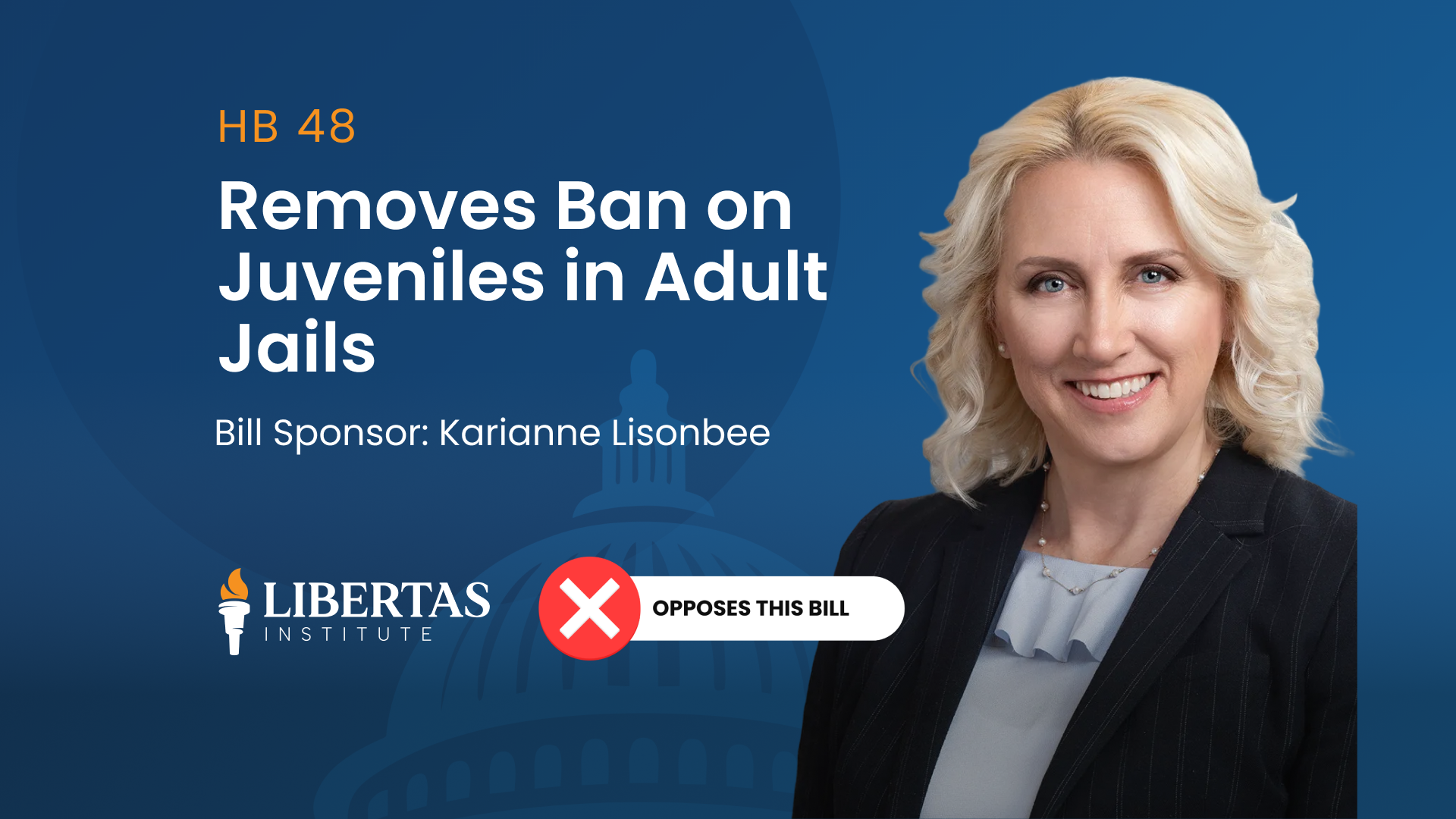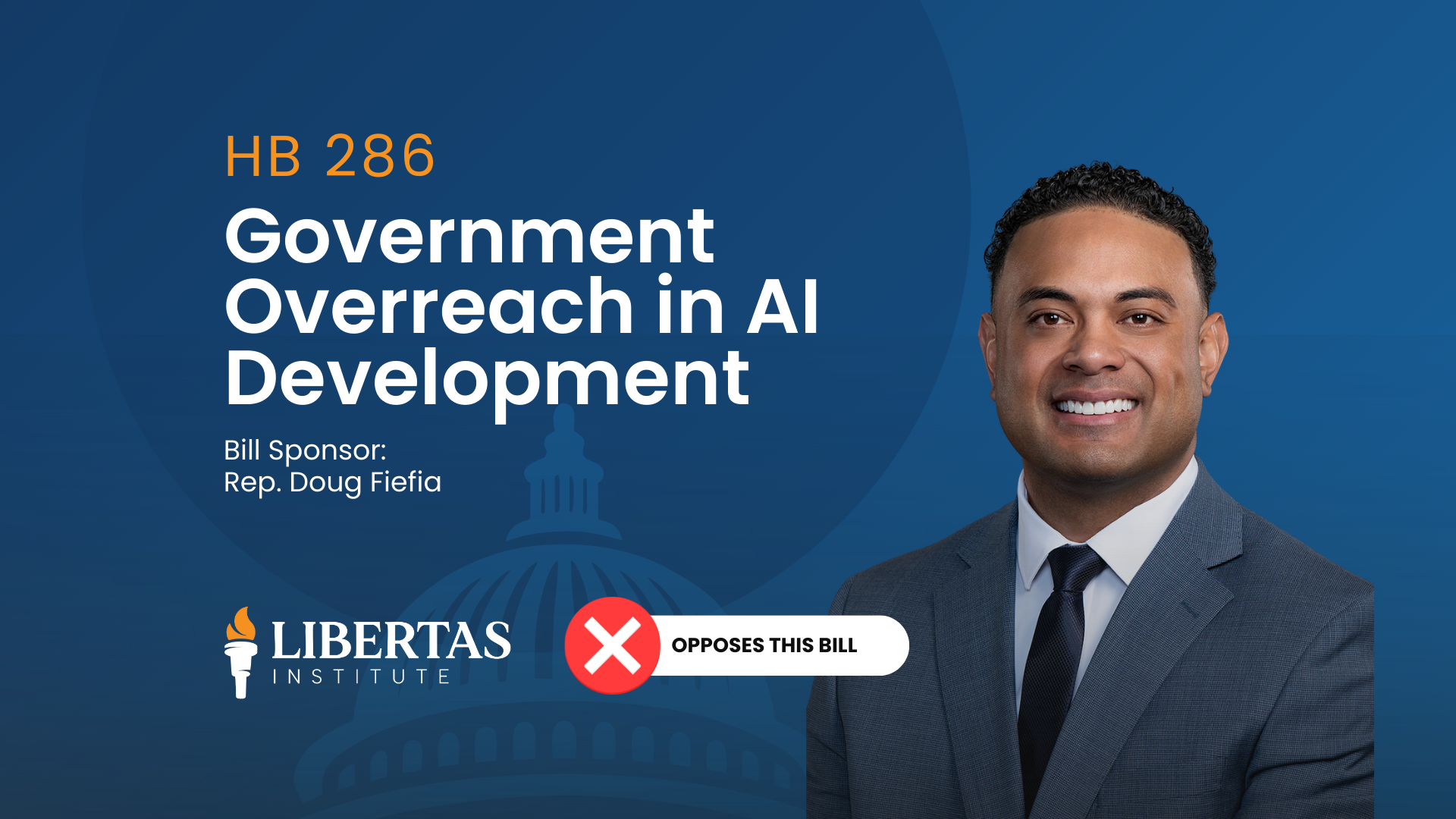This bill passed the House 71-1 and passed the Senate 28-0.
Libertas Institute supports this bill
Nobody likes getting a traffic ticket. Let’s face it, almost everyone speeds, and if you’re the one who is caught, you’re just the unlucky one. But this year, Representative Jordan Teuscher is sponsoring House Bill 139 to make the process of getting a traffic ticket a little more bearable for Utahns.
His bill would allow individuals who receive an infraction traffic citation, which is the lowest level ticket, to apply for deferred prosecution in order to ensure the ticket never goes on their permanent record so long as they comply with the terms of the bill. Essentially, this bill uses “a carrot” to incentivize individuals to follow traffic laws. Here’s how it would work:
When a person gets a low-level ticket, they would be able to apply to the courts to receive the deferral. They can only apply if they are over the age of 18, don’t have a commercial driver’s license, isn’t a repeat offender, and haven’t had a ticket within the past 24 months. Once they apply they must pay the associated fine, therefore entering a guilty plea. However, the courts would make a record of the deferred guilty plea, but not actually enter the plea unless the person fails to comply with the terms of the deferral. The main term, aside from paying the fine, is to remain ticket-free for the next 12 months. If the individual accomplishes this, the court will dismiss the charge.
This bill acts similarly to a “plea in abeyance” which is commonly used in criminal court for lower-level offenses. It works to incentivize individuals to stay out of trouble with the law, while still ensuring there is accountability for their actions.




